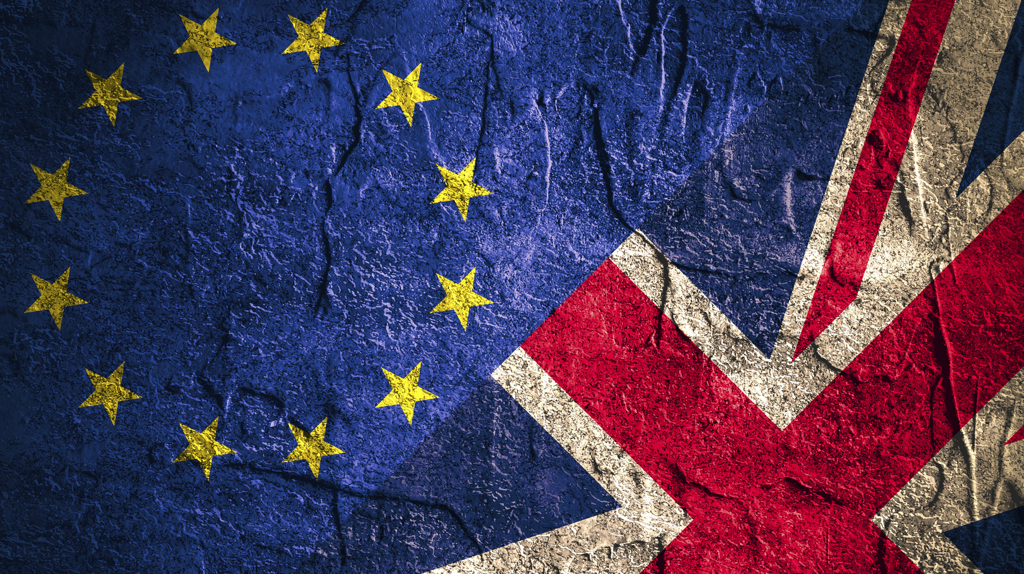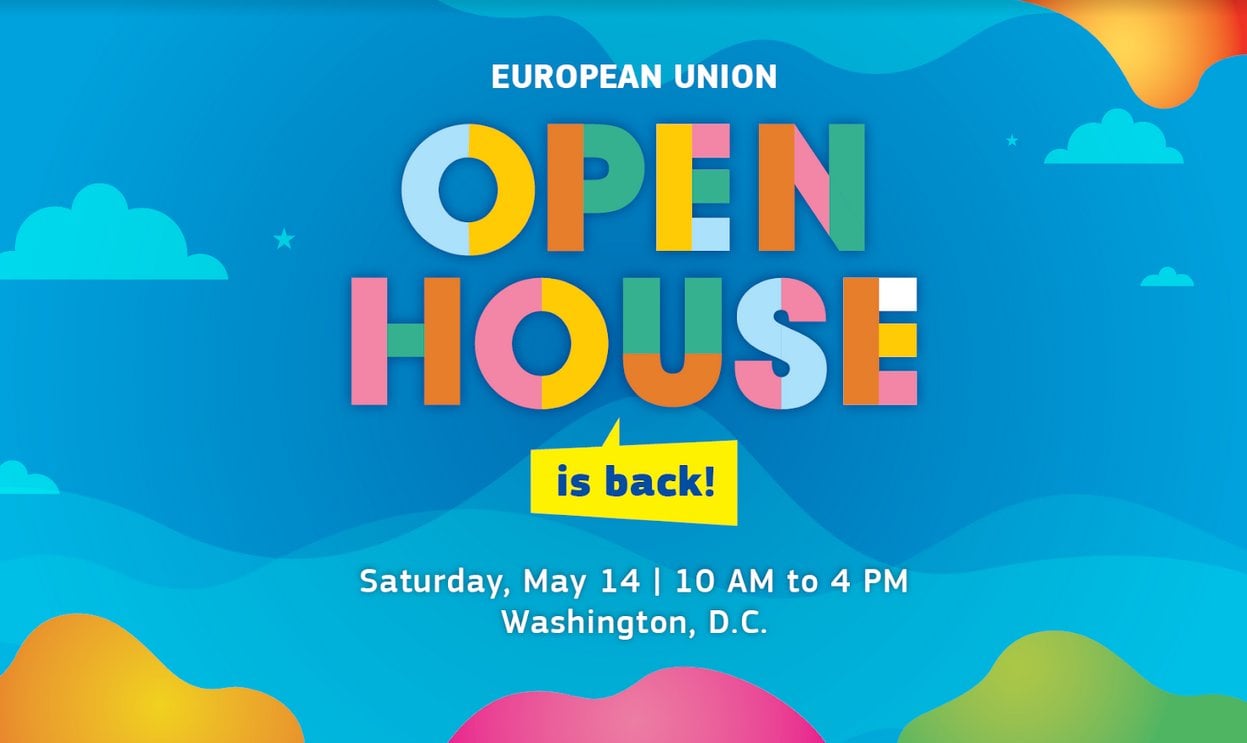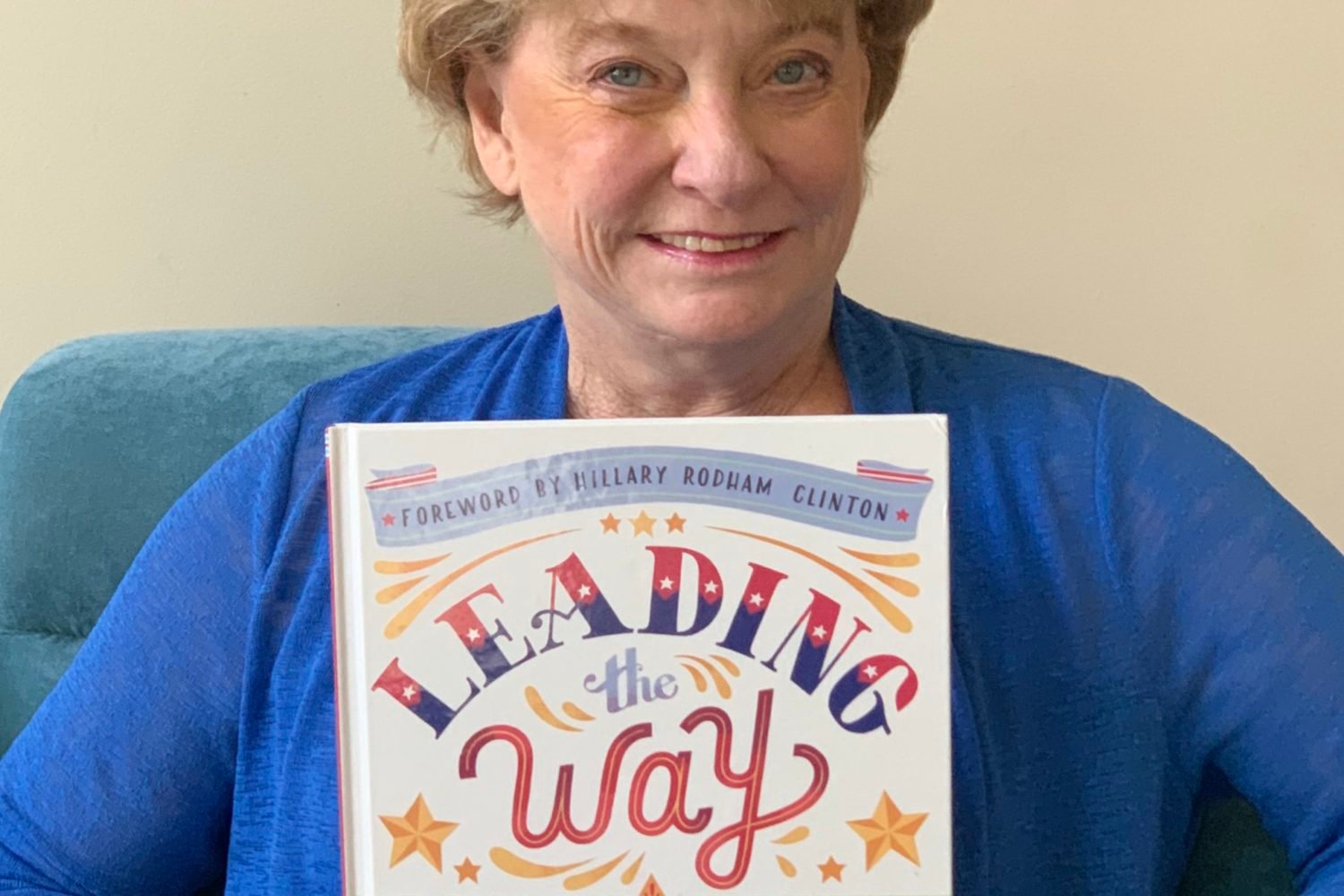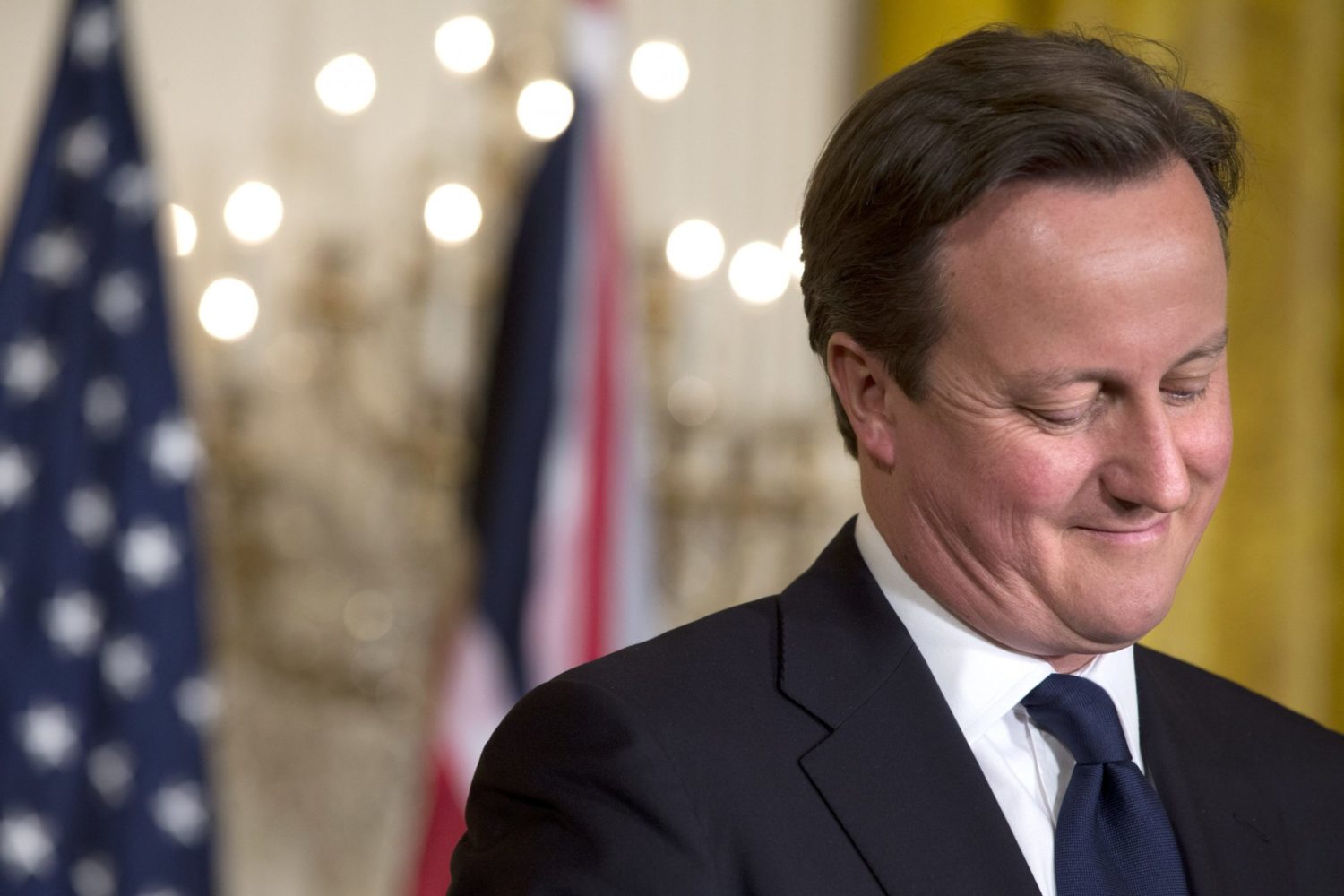As CEO of Goddard Gunster, a public-relations shop on K Street, Gerry Gunster has made his bones directing ballot measure campaigns across the US, including the effort to defeat the soda tax in San Francisco. Last fall, he ventured abroad to take on one of the most consequential referendums in recent memory: Working for Leave.EU, one of the key groups fighting for Britain to leave the European Union, Gunster helped strategize the measure’s upset victory last Thursday.
Washingtonian spoke with Gunster about the tools behind a successful referendum campaign, the most surprising moment on the trail, and Great Britain, post-Brexit.
You’ve said before that referendum campaigns require a strategist who knows how to personify an issue, because, unlike a presidential election, there’s no face attached to the vote. How did you do that for Leave.EU?
Initiative and referendum campaigns are abstract—they don’t kiss babies and shake hands with the public. It is therefore crucial to make the issue personal to the voter.
Although the press liked to focus on Boris Johnson, David Cameron, and Nigel Farage, the real faces of the Leave.EU campaign were the regular people—parents, farmers, healthcare workers, students and entrepreneurs—all wanting to know the answers to questions like, “How does Leaving or Remaining impact my family? My income? My community? My country?”
Strong testimonials from these messengers resonated with the public and spoke to them in terms they could understand. The Leave.EU campaign was therefore branded “the people’s campaign.”
The effort was waged on a truly grassroots level: through word of mouth at the pubs, at rallies, and through door-to-door canvasing. Along with the digital, online and social media campaigns the campaign amassed over 900,000 followers.
You helped run this campaign from DC. What was a typical day like for you?
Goddard Gunster embedded staff in the Leave.EU office in London, and I myself spent a good deal of time in the UK. And it was not just London—Oxford, Manchester, Bristol, the Midlands and more. But while I was in the US, my typical day started with waking in the wee hours to respond to emails and hold calls with Leave.EU staff before heading into my office.
What was the most surprising moment during the campaign?
On the horrible day that Member of Parliament Jo Cox was killed, the Remain and Leave camps stood down and suspended all campaign efforts for several days. It showed a mutual recognition that there are things far more important than campaign strategy and tactics. In all my career, I have never seen two rival groups simultaneously do the right thing.
Did you draw on what you were seeing in the presidential election back home to help inform your strategy abroad? Put another way, what lessons should American politicians take from Brexit?
Poll-after-poll showed that over 55 percent of UK believed that their country was headed on the wrong track. Voter discontent, the lack of accountability and the belief that Brussels was disconnected from the average UK citizen are key reasons why over 17 million voters opted to Leave the EU. A feeling that many Americans can identify with Washington.
Similarly, our U.S. national polls show that approximately 60 percent of Americans say our country is headed in the “wrong direction.” This is a clear indication that voters are seeking a candidate whose vision for the future of the country demonstrates change.
Boris Johnson and others have been criticized for appearing to walk back key populist elements of the Leave campaign, including a clampdown on immigration. In the end, were the promises made in this campaign too lofty to realize?
My role with Leave.EU was to provide strategic advice on the mechanics of running a referendum campaign. I brought them the methodology and the science behind how best to win, based on my experience of running many ballot measure campaigns here in the U.S.
I’m an American, and how the UK moves forward and begins its formal negotiations with Brussels isn’t for me to comment. I am a believer in the referendum process, which is one of the purest forms of democracy. I believe in the people’s right to decide their own destiny. And they have.
David Cameron said it best when he addressed the House of Commons on Monday: “This is our sovereign decision and it will be for Britain—and Britain alone—to take.”




















